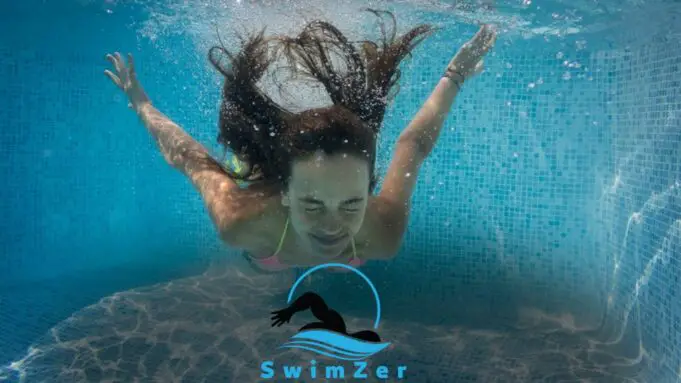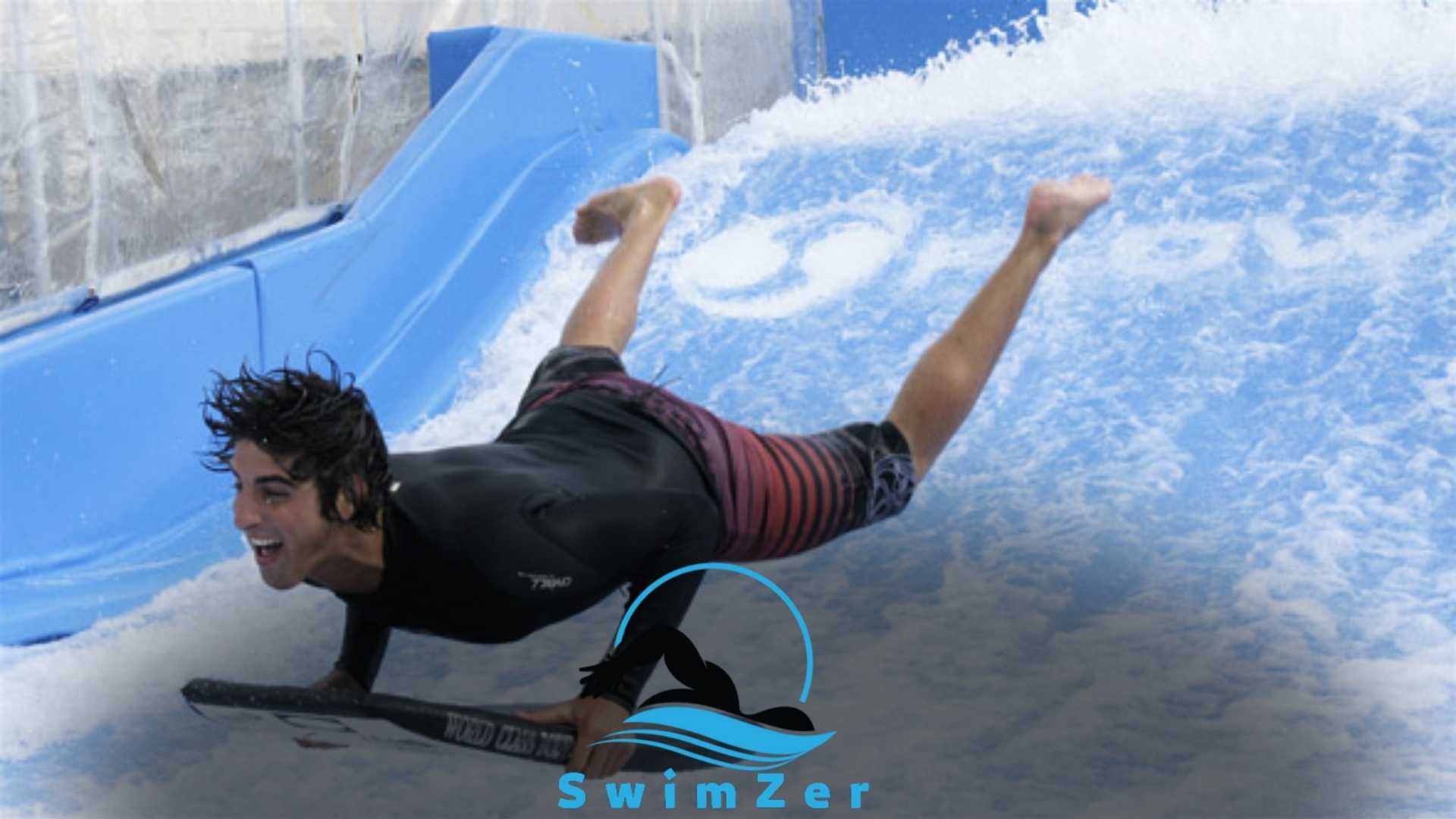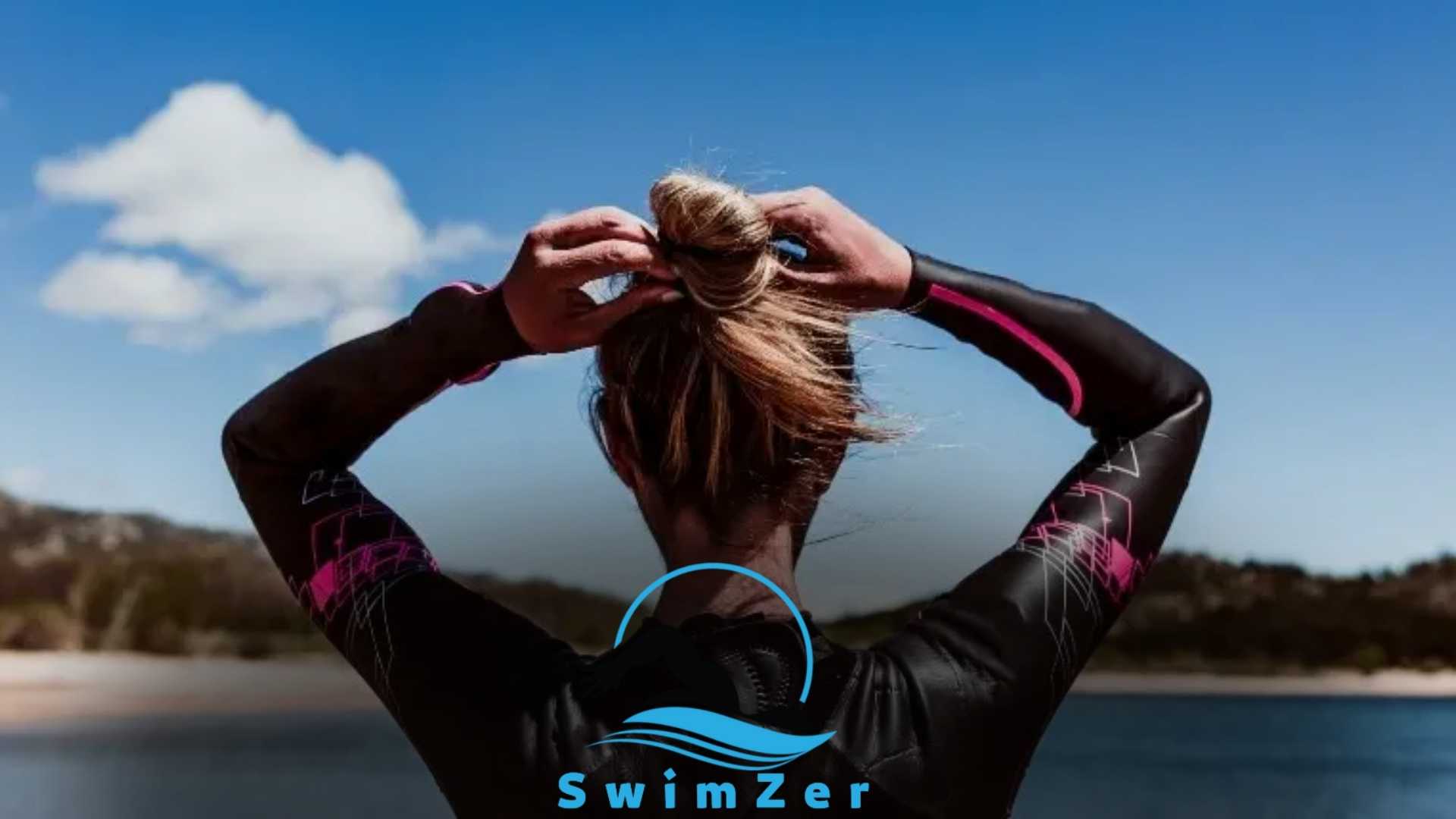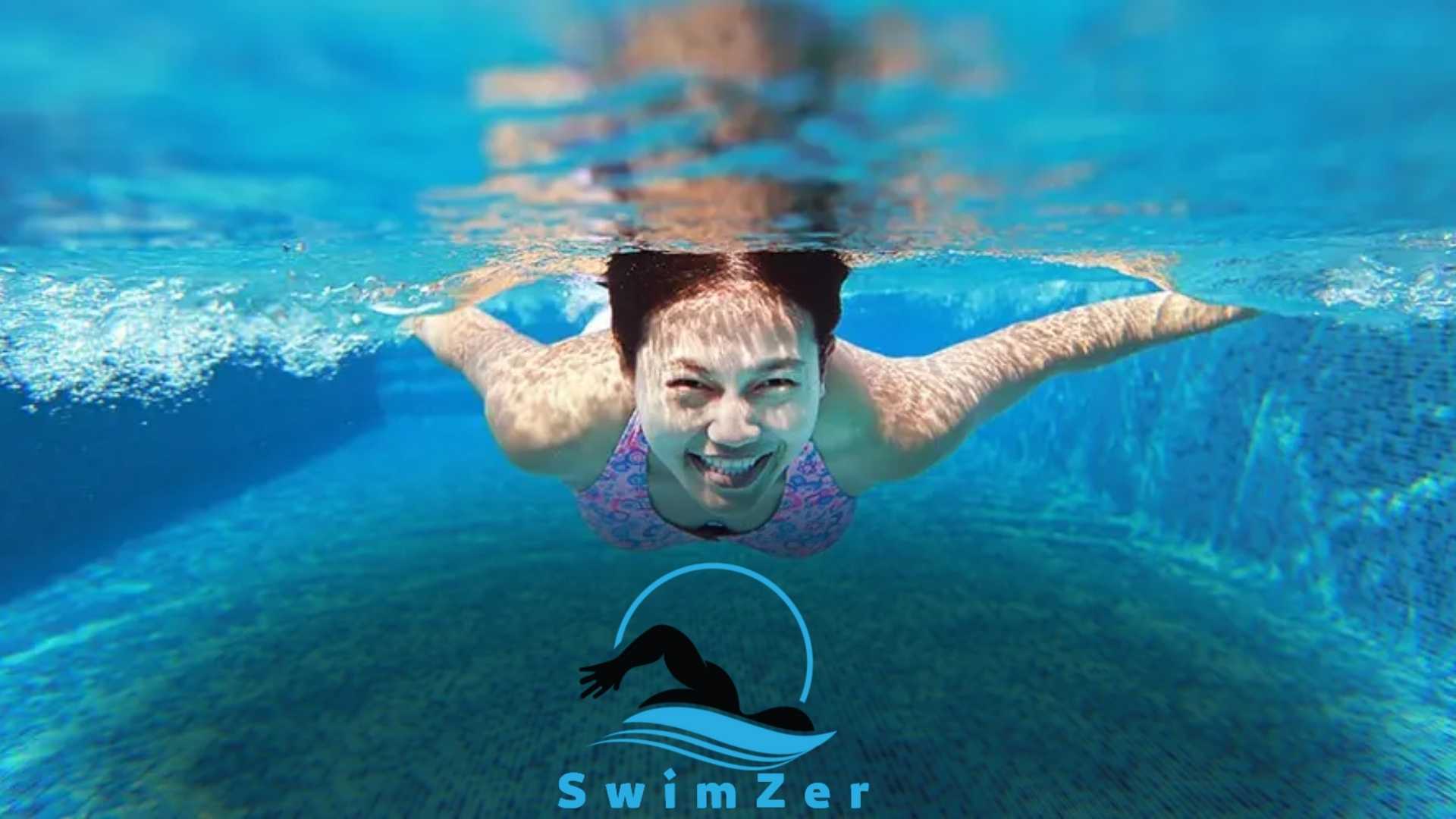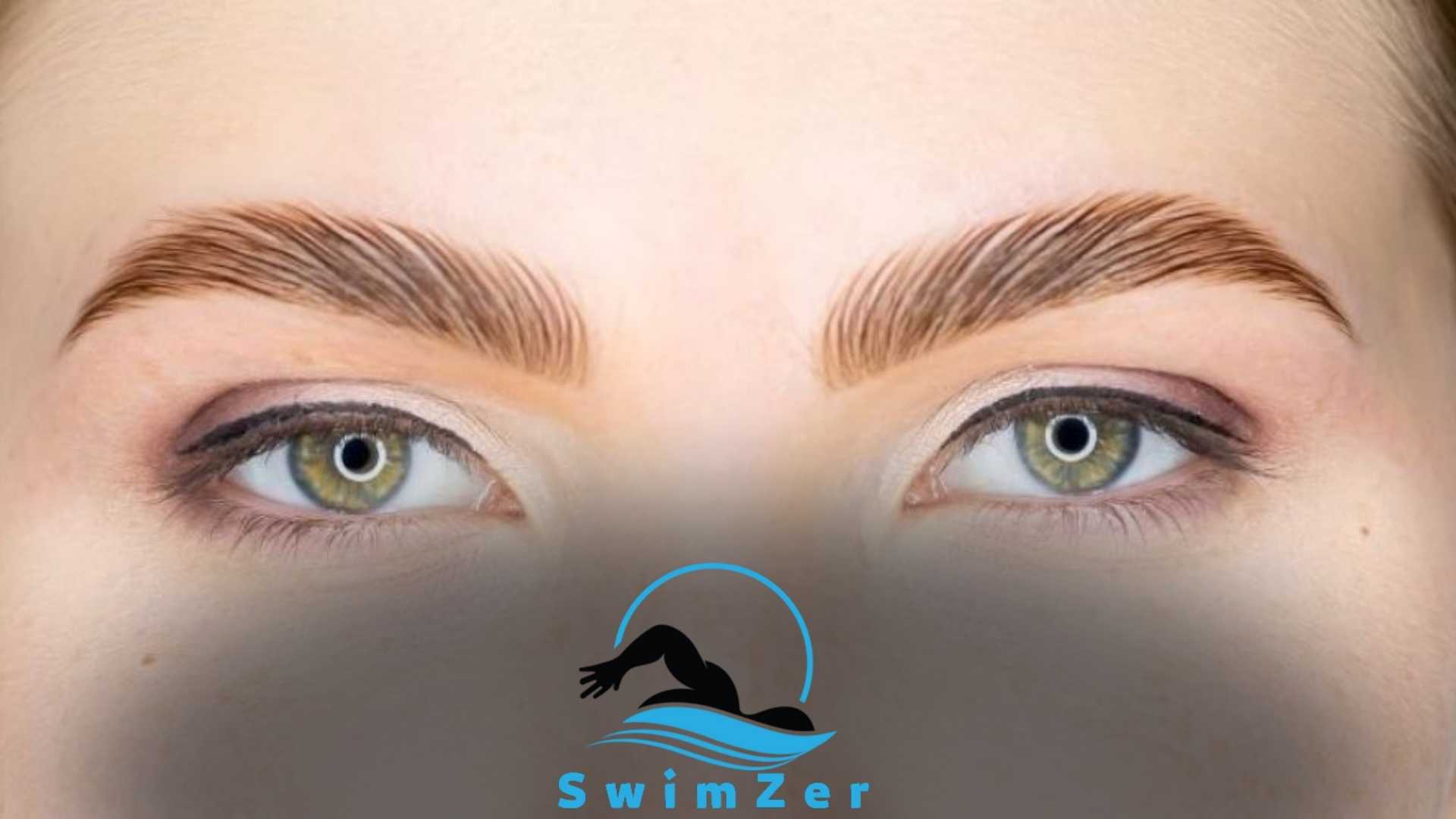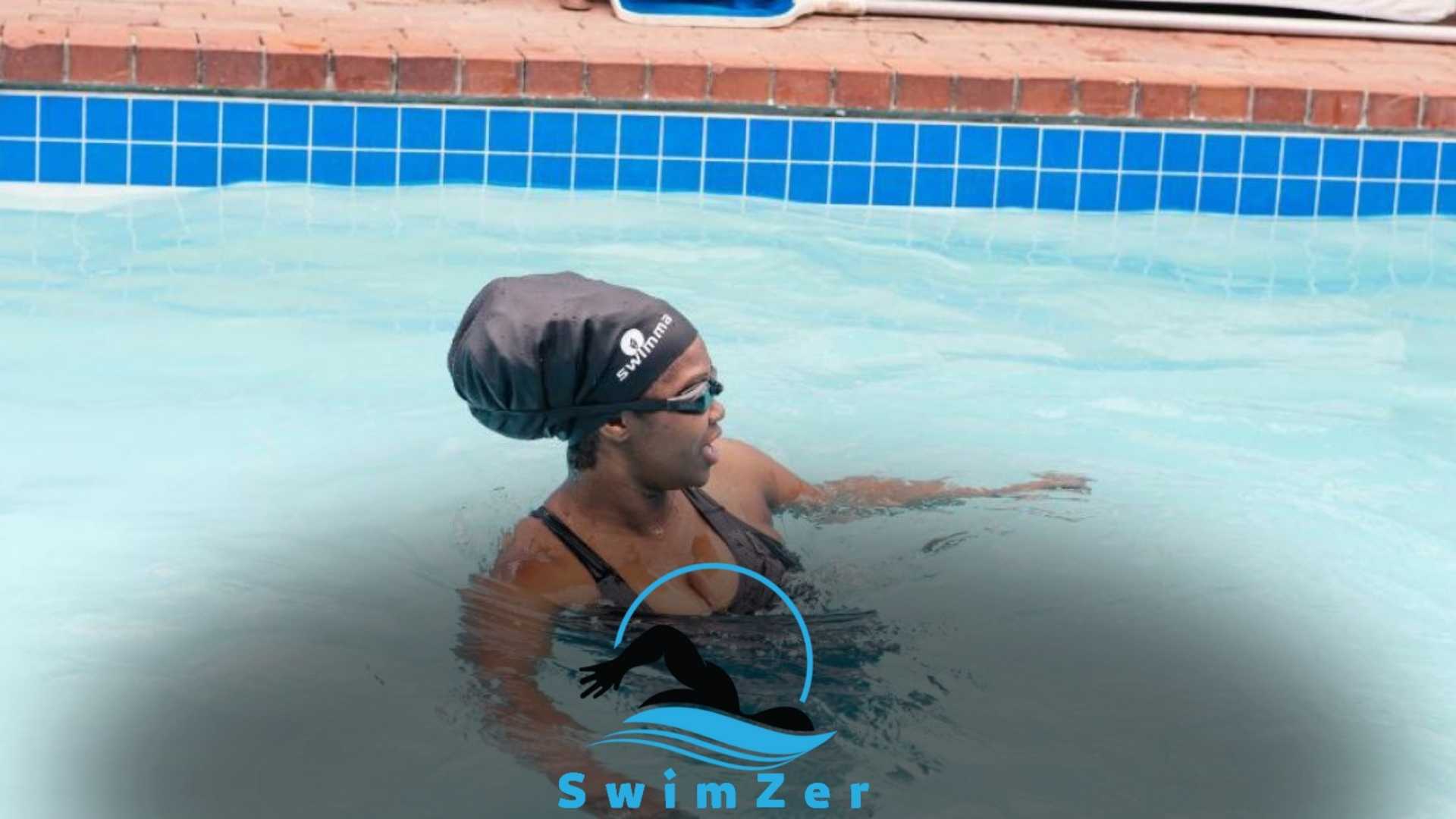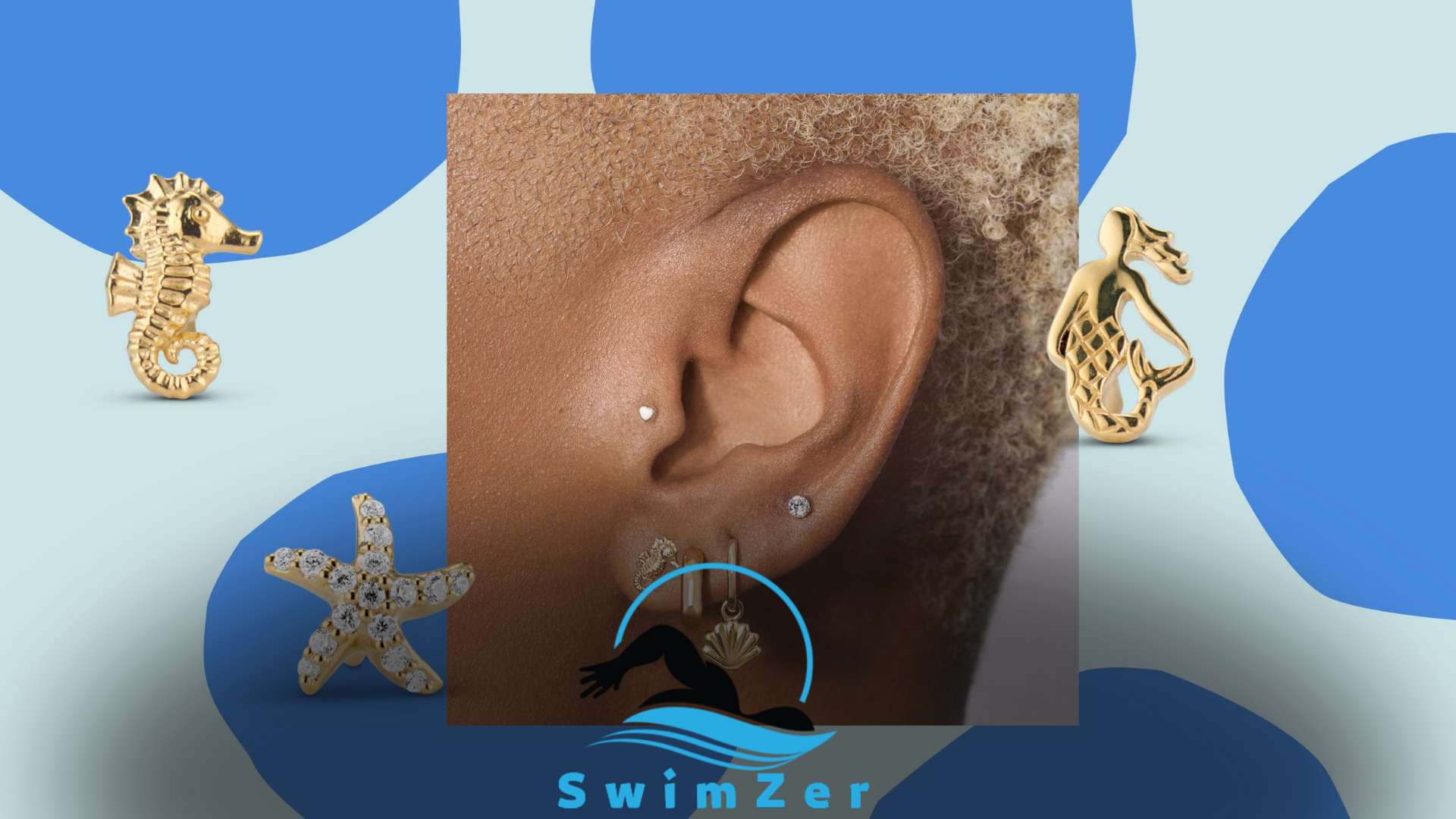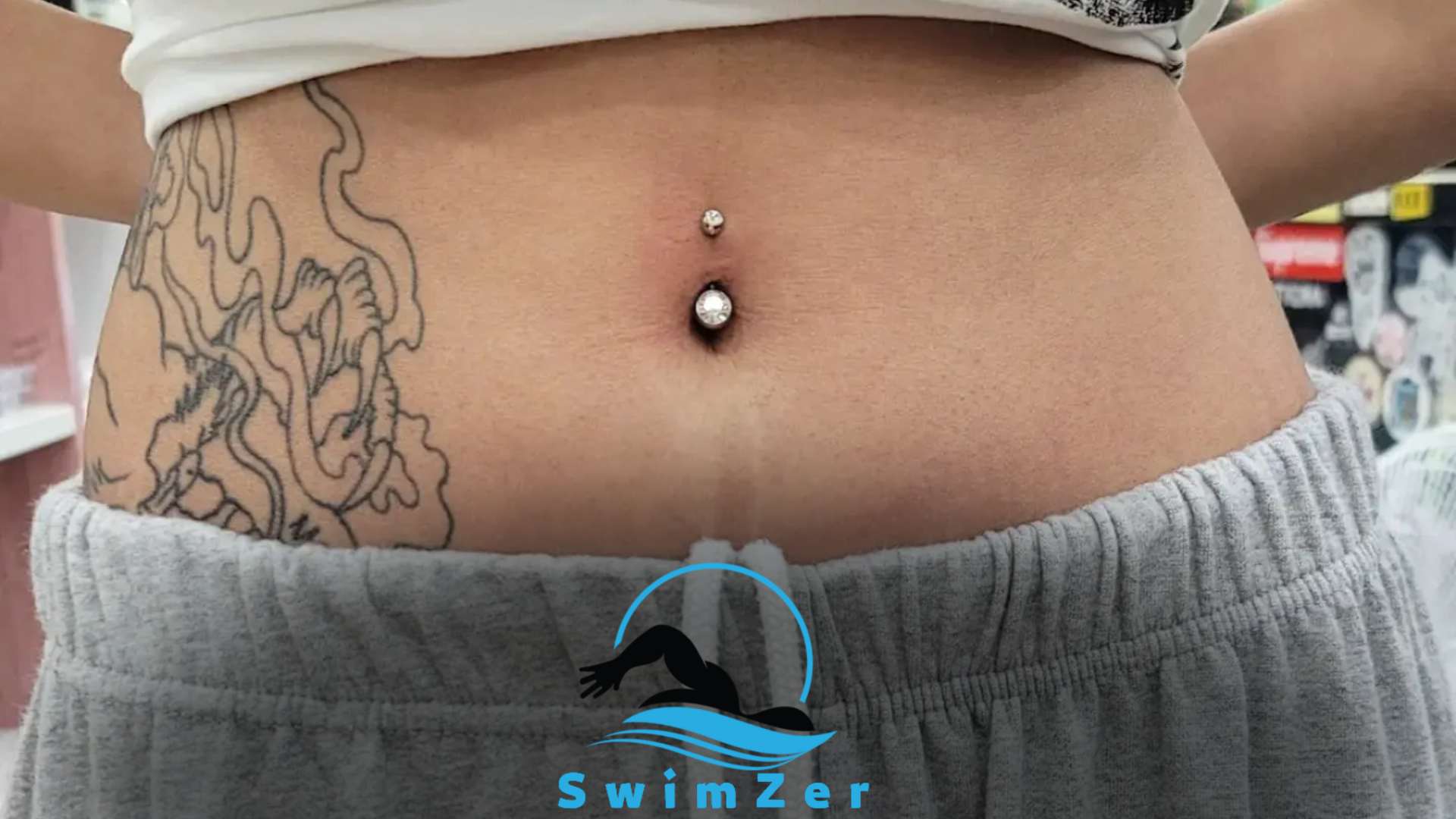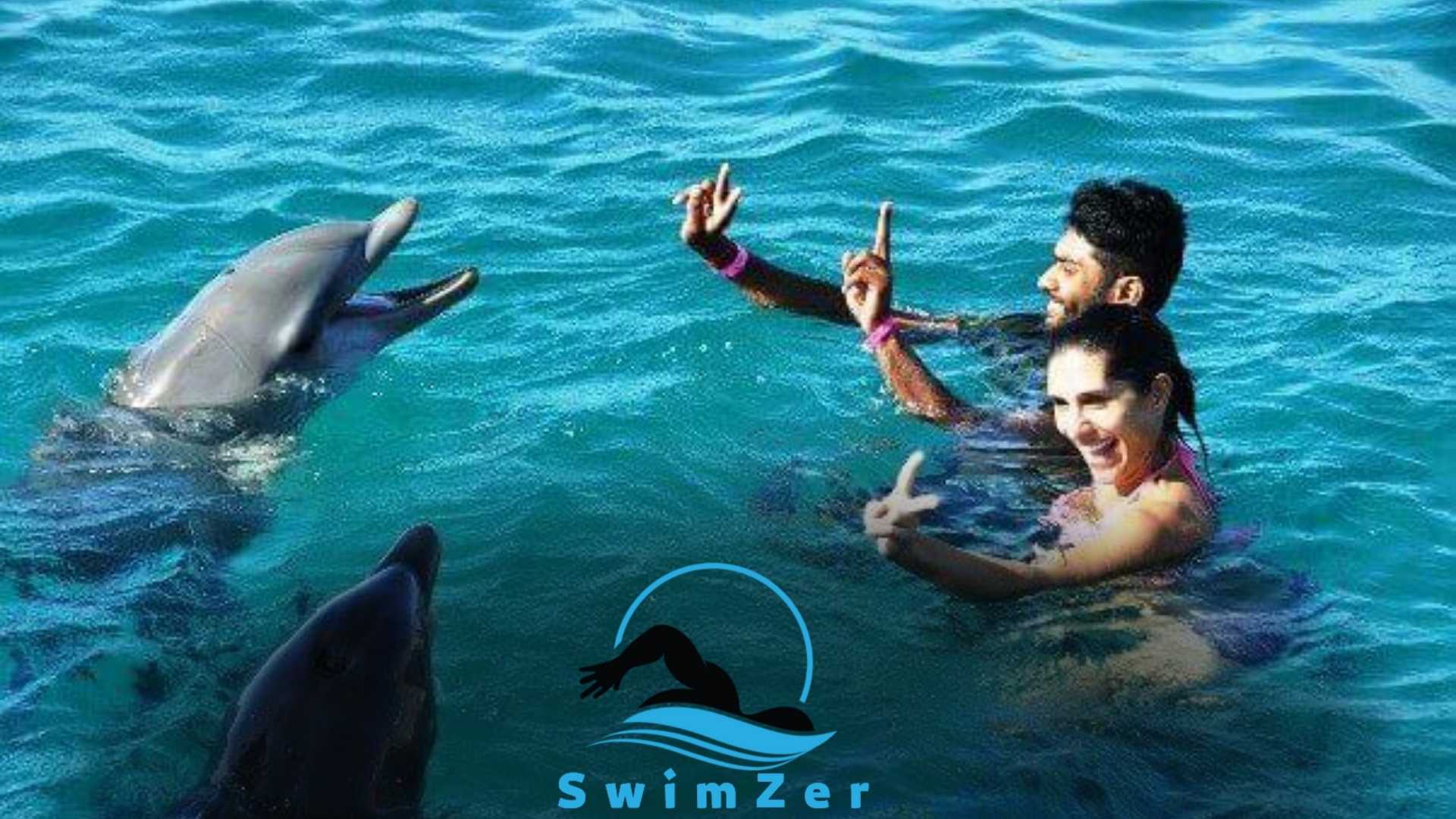Yes, you can swim with extensions. However, taking necessary precautions to protect your extensions from damage caused by chlorine or salt water is essential.
Swim caps and carefully wrapping your hair in a bun or braid can help prevent tangling and breakage. It’s also suggested to rinse your hair thoroughly with fresh water after swimming to remove any salt or chlorine residue.
It is advisable to avoid submerging your head underwater for an extended period, as it can cause pressure on the bonds and loosen them.
Proper care lets you enjoy your swim with extensions and keep them looking great.
Understanding Hair Extensions
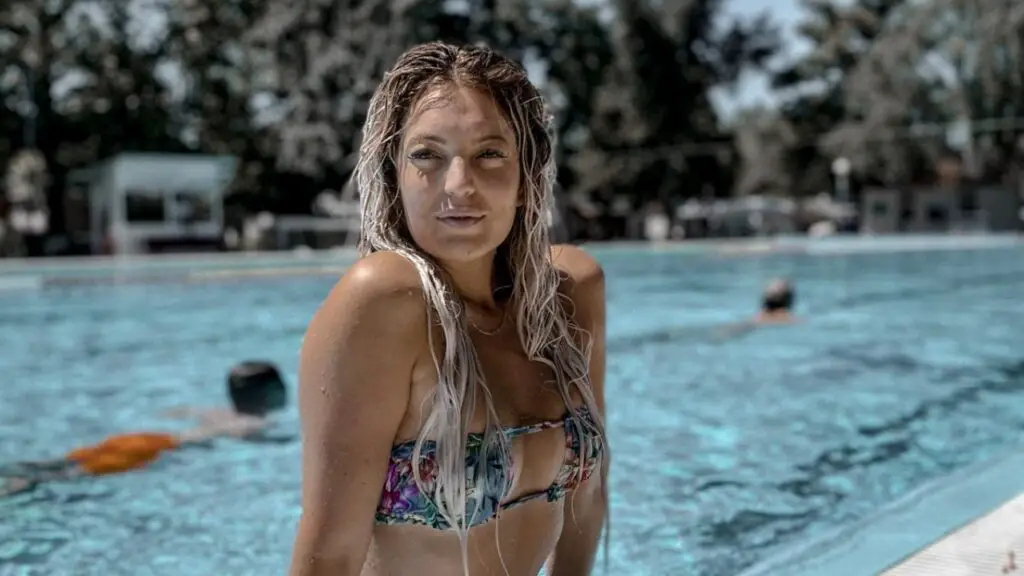
Hair extensions are a popular way to enhance how you look. They come in different types that cater to various needs. Hair extensions are either synthetic or naturally made from human or animal hair.
Artificial hair extensions are cheap and can be beautiful for any occasion, but they don’t last long.
On the other hand, human hair feels and looks more authentic but comes at a much higher price. However, hair extensions have disadvantages, too. They can damage your natural hair or even cause hair loss.
To avoid damage, take good care of your extensions by washing them appropriately with appropriate products, avoiding extreme heat that can melt or damage them, and not keeping them on for too long.
If you take good care of them, hair extensions can add more beauty to your style. Hair extensions offer versatility, but so do other hairstyles like knotless braids.
Discover the precautions and guidelines for swimming with knotless braids to keep them looking fresh.
Can You Swim With Extensions?
Swimming with extensions can be a concern. Before taking a dip, it’s essential to prepare your extensions by brushing them thoroughly. You can also use a leave-in conditioner to protect the hair from drying out.
After swimming, rinse your hair with fresh water and apply a deep conditioning treatment to restore moisture.
Consider wearing a swim cap or keeping your hair out of the water to protect your extensions from pool chemicals. You can also use a protective serum to coat your hair and minimize damage.
With proper care, you can swim with extensions without worrying about damaging your hair.
Types of Extensions for Swimming
Swimming is one of the most refreshing workouts one can opt for. However, it can be tricky for people wearing hair extensions. Some extensions survive better in the water than others.
Here are the best types of extensions for swimming – clip-in extensions, tape-in extensions, and sew-in extensions.
While clip-in extensions are preferred for swimming, tape-in extensions stick well, and sew-in extensions ensure better longevity.
As for the worst extensions for swimming, micro-bead and fusion extensions are a massive no-no as they tend to slip in water.
Furthermore, clip-in extensions are easy to remove and secure, but tape-in extensions may become loose and require re-application.
Sew-in extensions are ideal for longer swims but may cause tangling in chlorinated water. Choose your extensions wisely before jumping into the pool to avoid ruining your look!
Microlinks are another popular hair extension method. If you’re considering swimming, learn about the dos and don’ts of swimming with microlinks to protect your investment.
How to Maintain Your Extensions After Swimming
Swimming with extensions can be challenging, but maintaining them after a dip in the pool is just as important. Washing your extensions is essential in keeping them healthy and long-lasting.
It is recommended to wash your extensions after every swim using sulfate-free shampoos and conditioners.
Using a leave-in conditioner can also help in keeping your extensions tangle-free. Avoid scrubbing aggressively and using hot water, as this can damage your extensions. A hair serum can help protect your extensions from harsh chlorine and saltwater.
By following these tips, you can enjoy your time in the water without sacrificing the quality of your extensions.
Synthetic hair offers a different look and feel compared to natural hair extensions. Dive into the guidelines and tips for swimming with synthetic hair to ensure longevity and style.
Frequently Asked Questions
Can You Swim With Hair Extensions?
Yes, you can swim with hair extensions as long as they are tightly secured to your natural hair and entwined with small rubber bands or hairpins to avoid tangling or falling off during swimming.
How Can I Maintain My Extensions While Swimming?
Before swimming, coat your hair with a mixture of water and conditioner in a spray bottle, braid your hair, and tuck it into your swim cap to keep it dry. After swimming, rinse your hair with clean water and reapply conditioner to keep it moisturized.
Can Chlorine Or Saltwater Damage My Extensions?
Yes, chlorine and salt water can damage extensions because they contain chemicals that cause the hair to become dry, brittle, and prone to breakage. Wear a swim cap to prevent damage, and rinse your hair with clean water after swimming.
How Often Should I Swim With My Extensions?
Swimming with extensions can weaken and damage them, so limiting your swimming to once or twice a week and only in clean water is best. Excessive swimming can reduce the lifespan of your extensions and cause them to tangle and break.
What Type Of Extensions Are Best For Swimming?
Tape-in and clip-in extensions are the best for swimming because they can easily be removed and reinstalled after swimming. Sew-in and bonded extensions are not recommended for swimming since they cannot be easily removed.
Conclusion
Swimming is enjoyable, but extensions add an extra dimension to the pool experience. So, can you swim with extensions? The answer is that it depends on the type of extensions you have installed, the maintenance steps you take, and the caliber of the hair extension.
Swimmers who want extensions installed should select high-quality hair, install them properly, and maintain them frequently to avoid tangling, matting, and breakage.
Additionally, swimmers can wear swim caps to protect their extensions while in the water, limiting their exposure to chlorine and other contaminants.
So, swimming is fun and can be done while wearing extensions if the correct steps are taken. Don’t let the extensions discourage you from swimming.
Instead, choose the durable ones and maintain them regularly to enjoy swimming without any anxieties.

